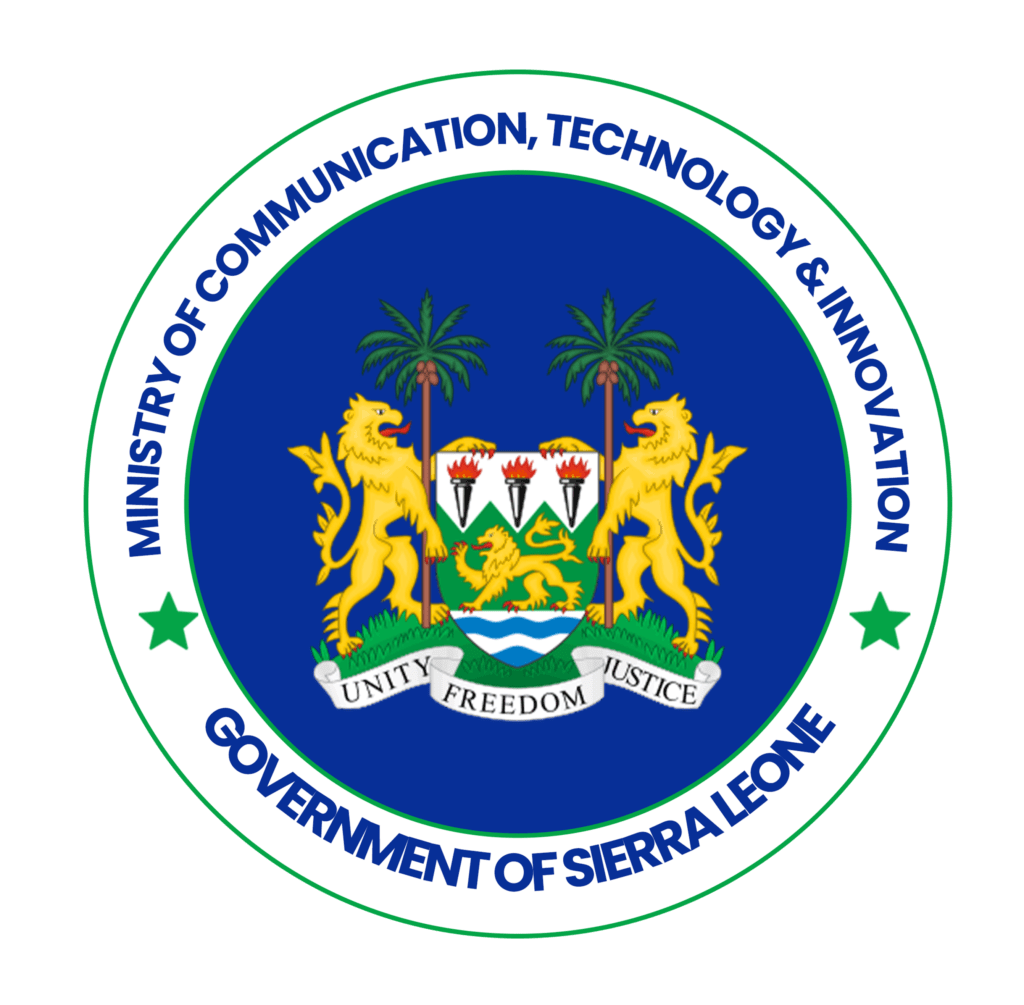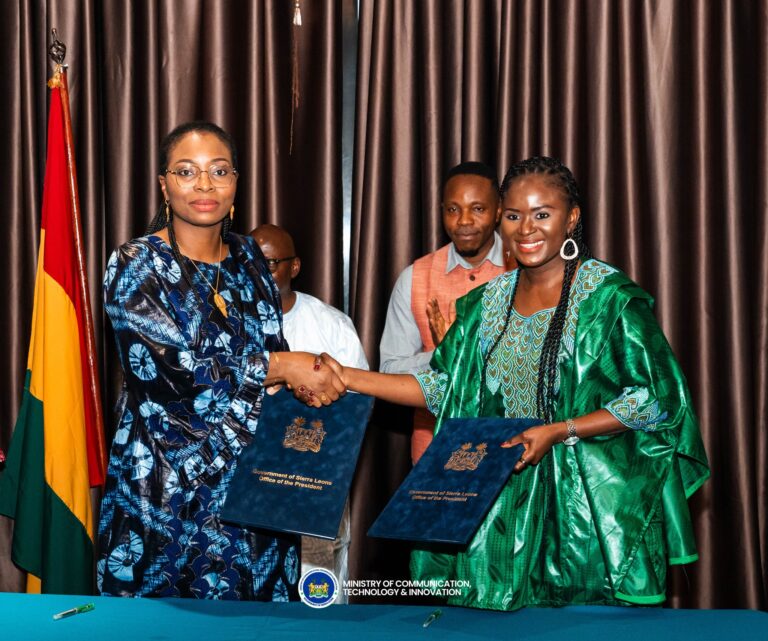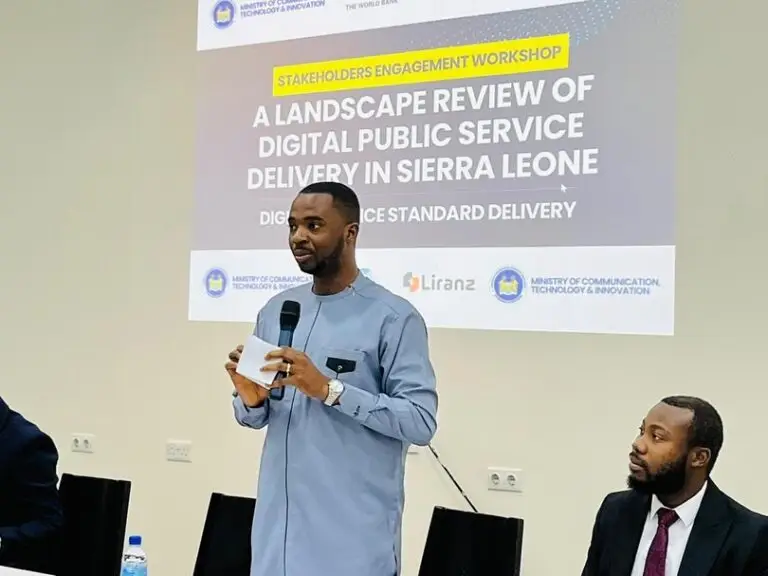Sierra Leone, a nation at the intersection of tradition and technological advancement, has set its sights on transforming its governance landscape. At the forefront of this transformative journey is the government’s commitment to an e-government plan, a blueprint that not only embraces technological evolution but also encapsulates the broader vision of inclusive development and citizen empowerment.
Prominently, in this age dominated by technology and innovation, the country is charting an ambitious course towards a digital future. His Excellency the President, Rtd Brigadier Julius Maada Bio, has underscored his commitment to harnessing emerging technologies to drive the National Development Plan (NDP).
The government’s e-government plan envisions inclusive economic growth, enhanced human capital development, youth empowerment, a revitalized public service architecture, and strategic technology and infrastructure deployment.
To realize these goals, the Ministry of Communications, Technology, and Innovations (MoCTI) orchestrated a pivotal stakeholder engagement with all ministers of government and their technical leads, to discuss on the comprehensive national digital governance agenda and its implementation plan, fostering not only a sense of ownership and collaboration but also enriches the implementation process with varied perspectives and expertise.
Furthermore, identifying and addressing potential gaps during such stakeholder engagement ensures a more resilient and adaptable e-governance framework, paving the way for a government that is not only technologically advanced but also attuned to the needs and aspirations of its citizens.

The Minister of the MoCTI, Madam Salima Monorma Bah, emphasized in her remarks that the initiative extends beyond technology, stating “It is a profound endeavor aimed at transforming lives through seamless digital services, empowering citizens, enhancing transparency, and fostering a more inclusive and responsive government.”
This holistic perspective underscores the understanding that the success of e-governance is not solely measured by technological prowess but by its positive impact on the lives of the people it serves.

Additionally, the Chief Minister, Dr. David Moinina Sengeh, in his keynote address, eloquently articulated the vision of Sierra Leone in the coming years. He emphasized the National E-Government Plan as the roadmap to a Sierra Leone defined by efficiency, accessibility, and citizen-centricity in public services.
While the stakeholder engagement served as a platform for ministers to express their enthusiasm and commitment to the agenda’s implementation, the collective identification of digital needs and the acknowledgment of shared challenges underscored the collaborative spirit driving this initiative.
One of the key strengths of the engagement was the subsequent deep dives undertaken by technical leads. These sessions allowed for a detailed examination of the agenda, enabling technical experts to contribute their insights and expertise.
The collaborative efforts of ministers and technical leads aimed to bridge the gap between policy formulation and practical implementation, ensuring that the national digital governance agenda is not just a theoretical framework but a robust plan ready for execution.
Remarkably, the importance of such stakeholder engagements cannot be overstated. In a rapidly evolving digital landscape, where the pace of technological change is matched only by the complexity of governance challenges, collaboration becomes the linchpin of success.
Significantly, Ministers pledged to work together, recognizing that a unified effort is essential to overcoming challenges and maximizing the use of government resources. As the nation embarks on this transformative path, the collaborative spirit exhibited in this engagement lays the foundation for a resilient, inclusive, and citizen-centric digital governance framework.





